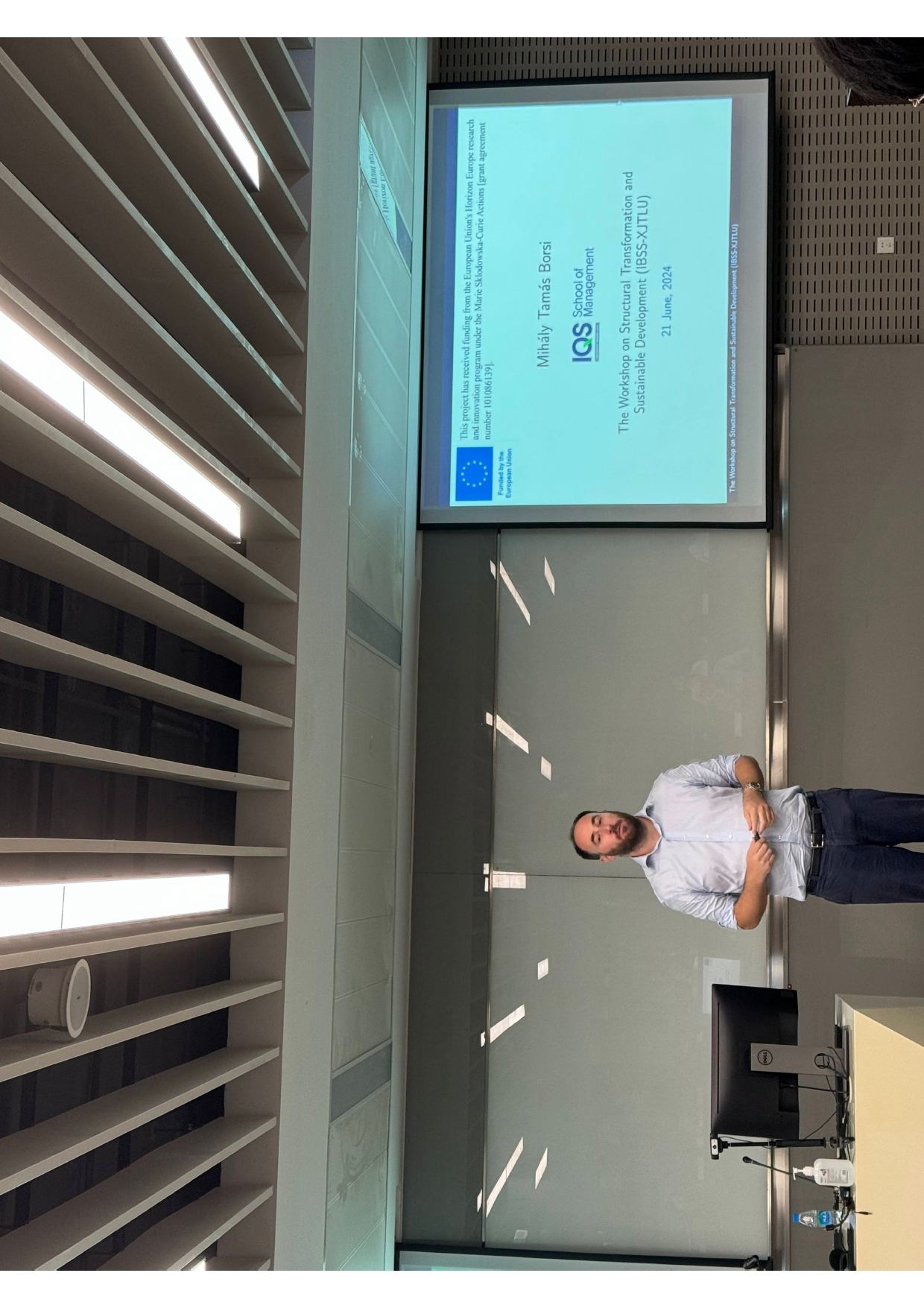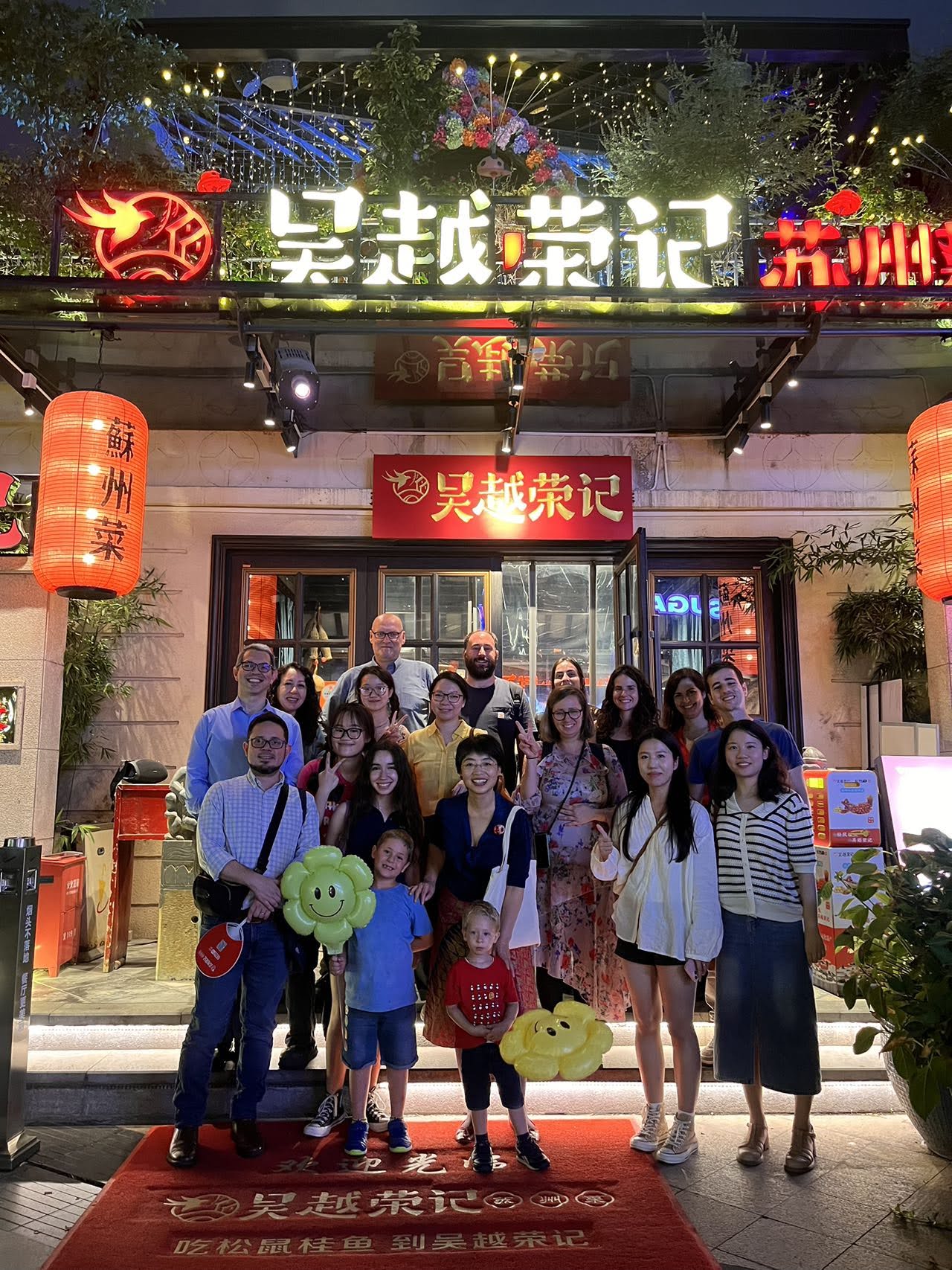
Three months in China
17 Dec 2024
0
Three Months in China: Research Reflections with Rallou Taratori, Ni Ying, and Marina Brito
The experience of conducting research in China is more than a professional engagement; it’s an immersion into an academic and cultural ecosystem that is reshaping global higher education. Over the past three months, alongside my colleagues Rallou Taratori, Ni Ying, and Marina Brito, we have delved into groundbreaking research in collaboration with Xi’an Jiaotong-Liverpool University (XJTLU).
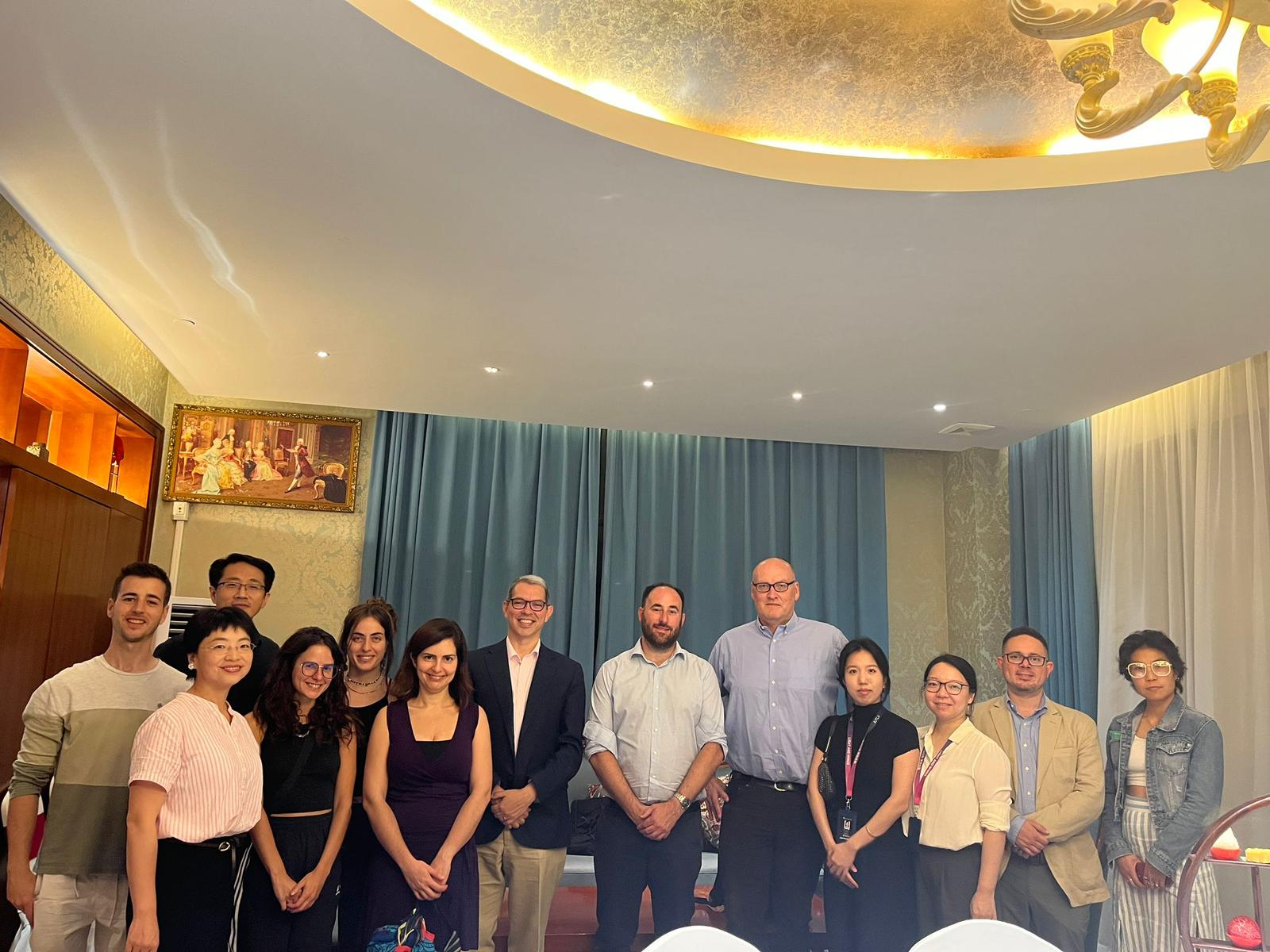
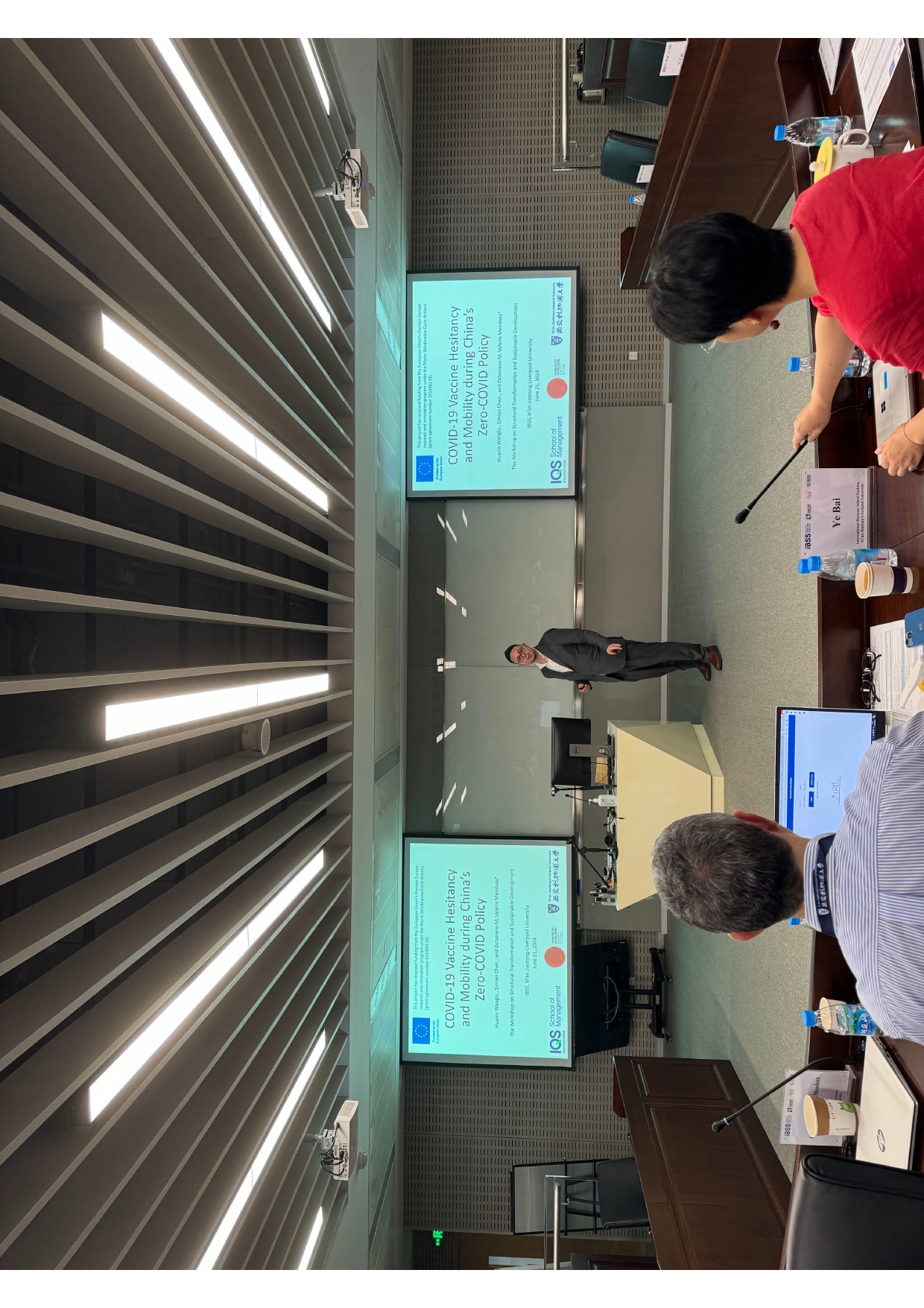
Context of Our Research
Our study, titled “Building World-Class Universities: An Evaluation of China’s Higher Education Policies and their Impact on Global University Rankings,” is led by Marina Ferraz, Gengyang Tu, Judith Baguena, Flavio Comim, and Jordi Díaz. The objective is clear yet ambitious: to assess the effectiveness of China’s strategic policies aimed at developing world-class universities and their subsequent influence on international ranking systems.
China’s higher education sector has undergone a dramatic transformation in the past two decades. Initiatives like the “Double First-Class” strategy and the earlier “Project 985” and “Project 211” have poured resources into select institutions with the goal of boosting global competitiveness. Our research examines whether these policies have succeeded in elevating China’s position in the competitive landscape of global university rankings and, importantly, the broader implications of these efforts.
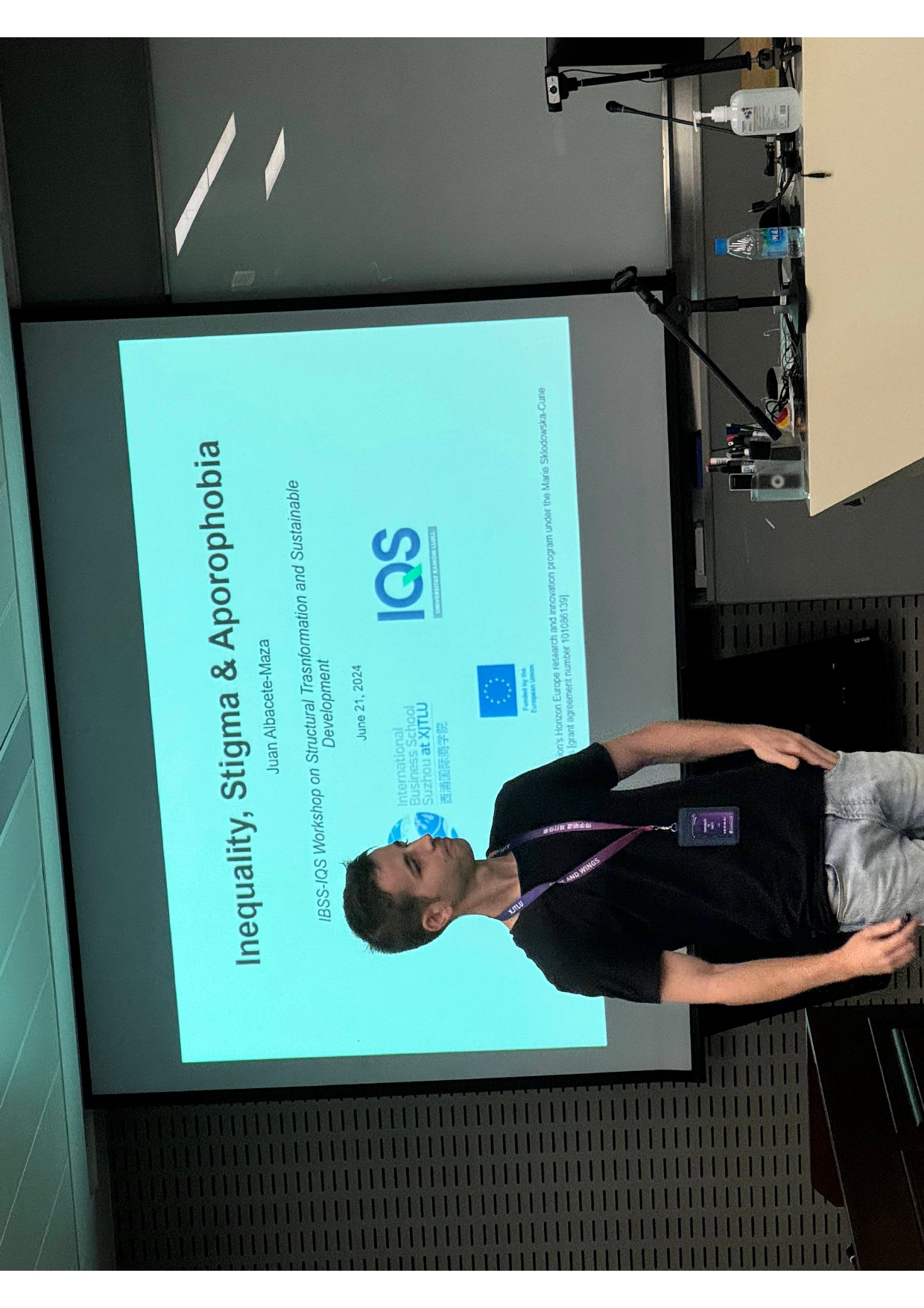
Highlights of the Research Collaboration
Working at XJTLU has provided us with a vantage point to explore China’s unique higher education dynamics. Located in Suzhou, the university exemplifies Sino-international collaboration—a hybrid model blending Chinese academic strengths with global practices. This environment facilitated access to critical resources and offered a network of scholars deeply engaged in similar inquiries.
Throughout our research, we focused on three key questions:
-
Policy Effectiveness – Are targeted investments in elite universities producing the desired results?
-
Global Integration – How do Chinese universities navigate tensions between local priorities and global academic standards?
-
Lessons for Other Nations – Can China’s model inform higher education policy-making elsewhere?
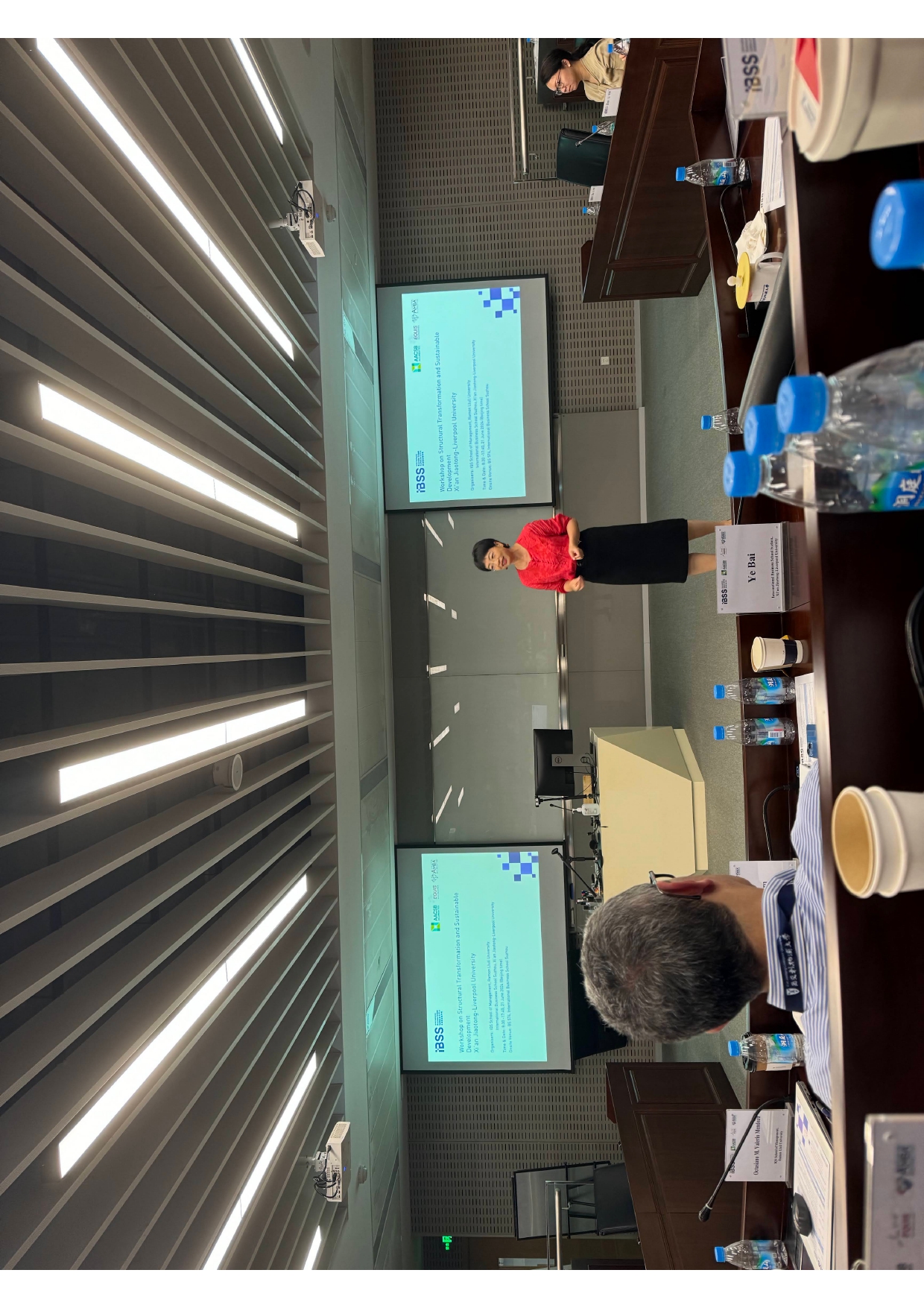

Early Insights
Our preliminary findings suggest that while there has been measurable progress in rankings, the broader impact of these policies is more nuanced. Chinese universities have made significant strides in STEM fields, with increased research output and faculty recruitment. However, there remain challenges in fostering innovation and critical thinking—key components of academic excellence that rankings alone cannot capture.
Additionally, the policies’ focus on elite institutions raises equity concerns, as the gap between top-tier universities and the rest of the sector continues to widen. This finding has implications for other nations considering similar approaches.
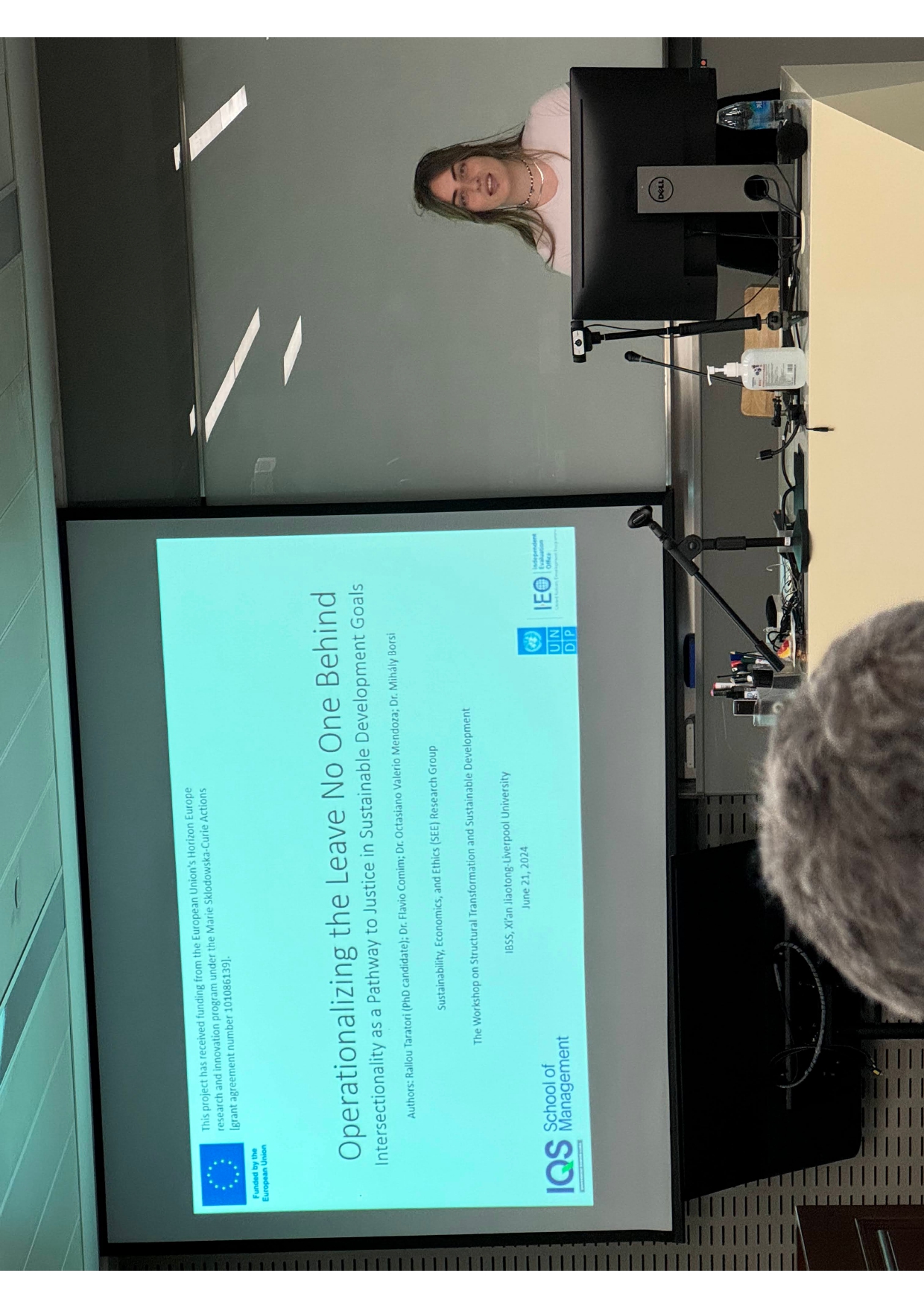
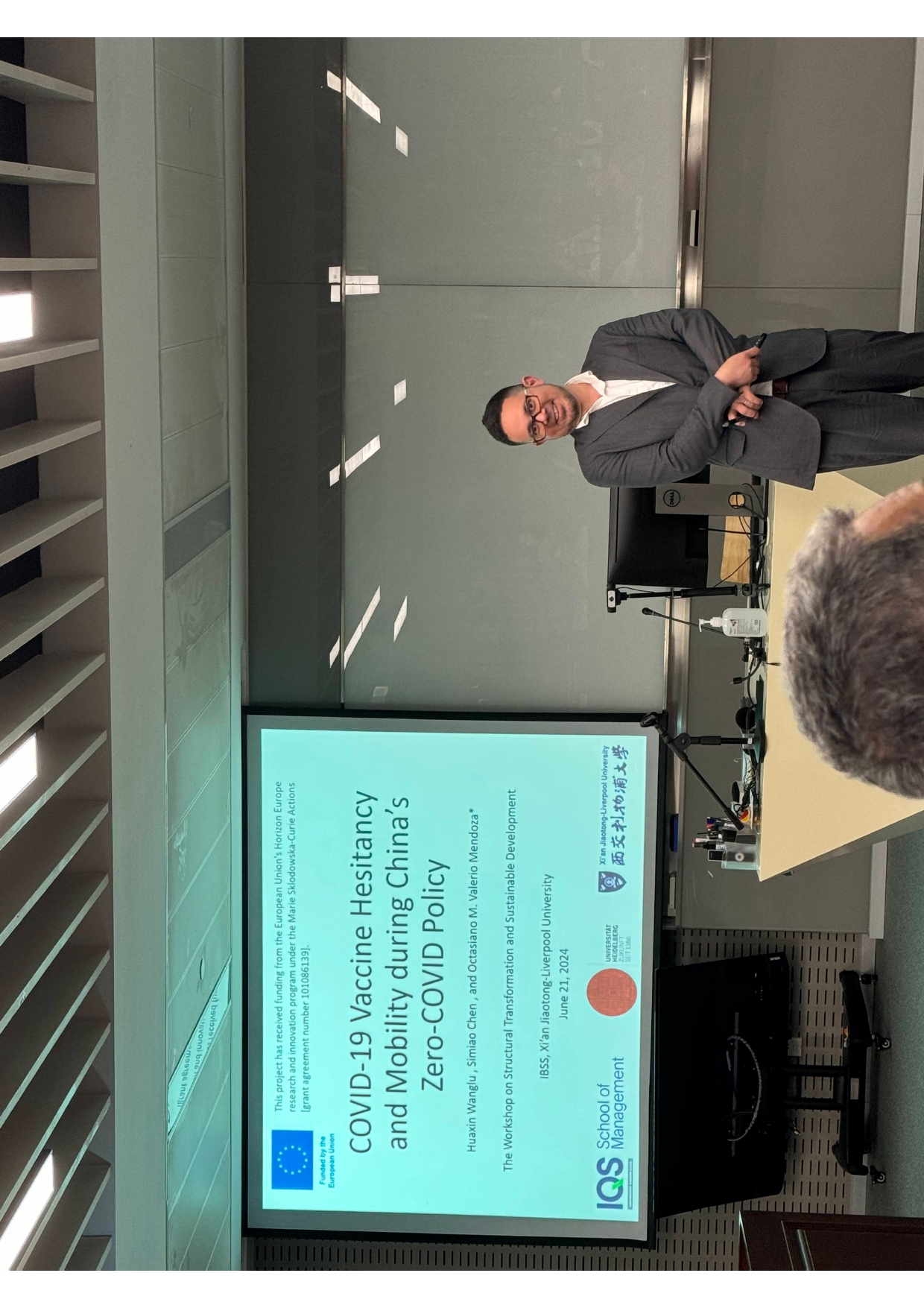
Personal and Professional Growth
This collaborative effort has been deeply enriching for all involved. Rallou’s expertise in policy analysis, Ni Ying’s local insights, and Marina’s international perspective have been instrumental in shaping the project’s trajectory. Beyond the professional sphere, the cultural exchange has broadened our understanding of China’s academic and societal fabric—from the rigor of its education system to the intricate balance it maintains between tradition and modernity.
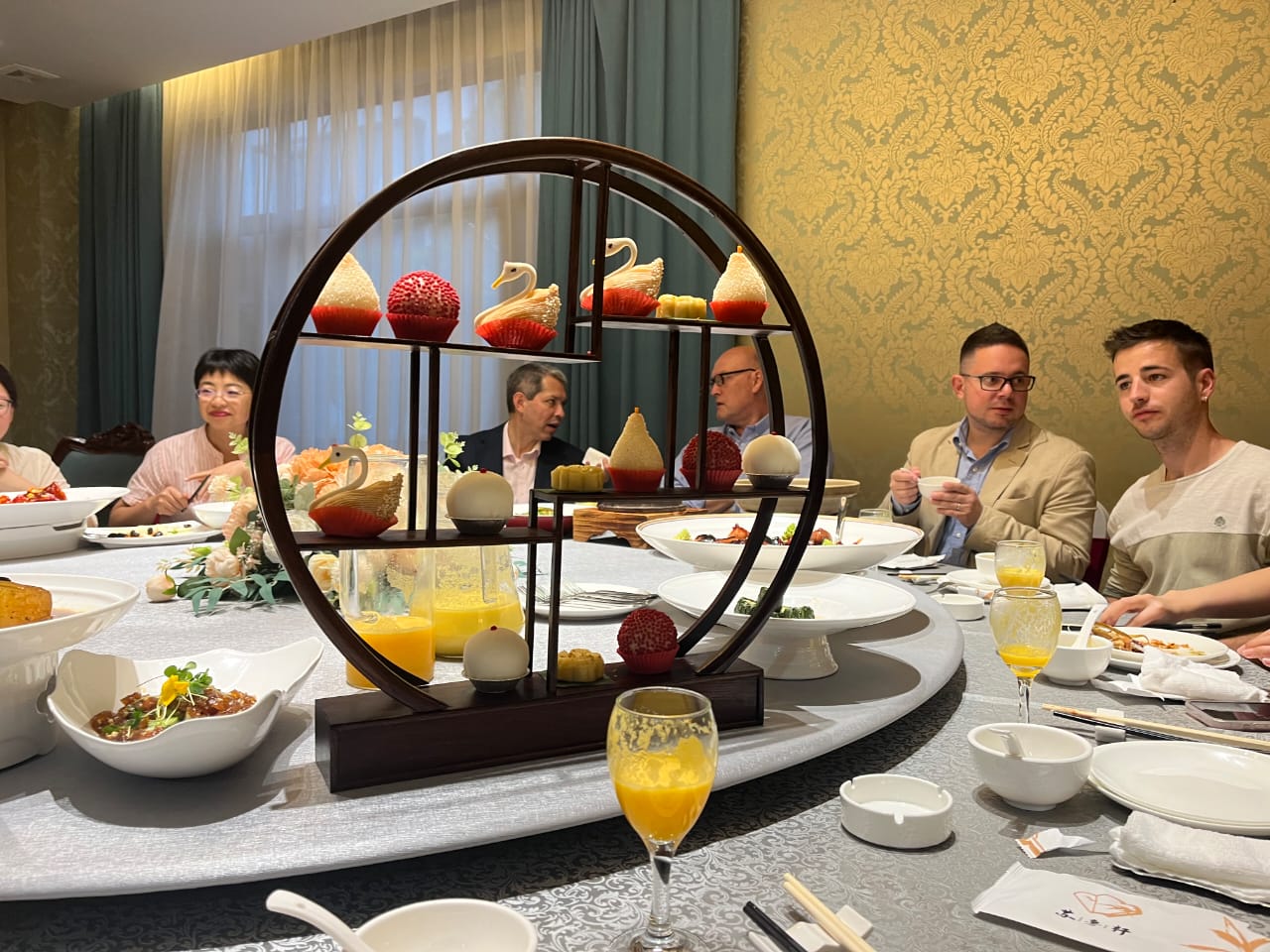
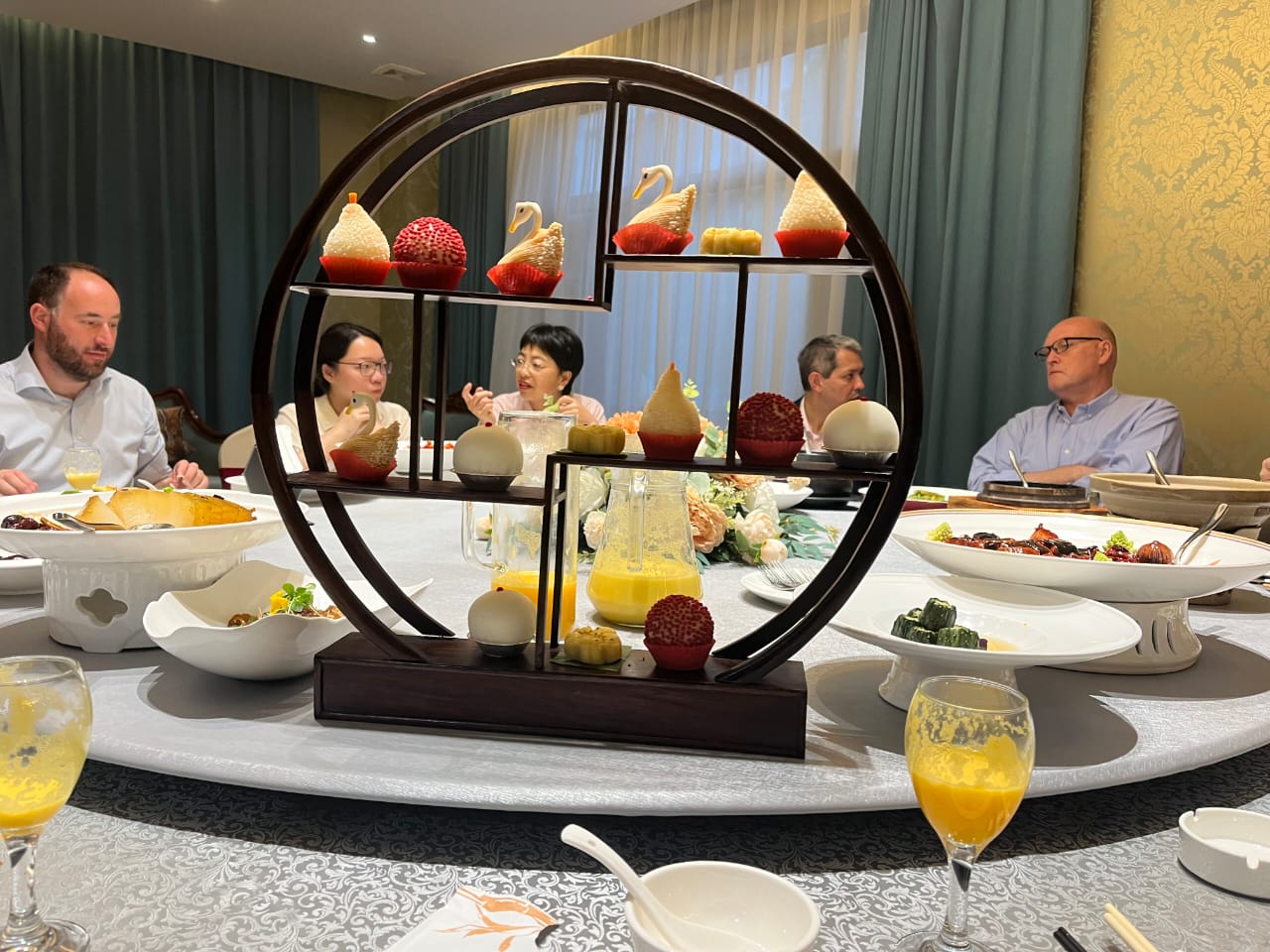
Looking Ahead
As we conclude this initial phase, our work continues to evolve. The next steps involve synthesizing our findings into actionable recommendations for policymakers. Through this process, we aim to contribute to the global discourse on higher education and its role in addressing the complex challenges of the 21st century.
China’s journey in higher education is far from complete, but its trajectory offers valuable lessons for academics, administrators, and policymakers worldwide. Our three months here have been a testament to the potential of international collaboration in driving meaningful research.
